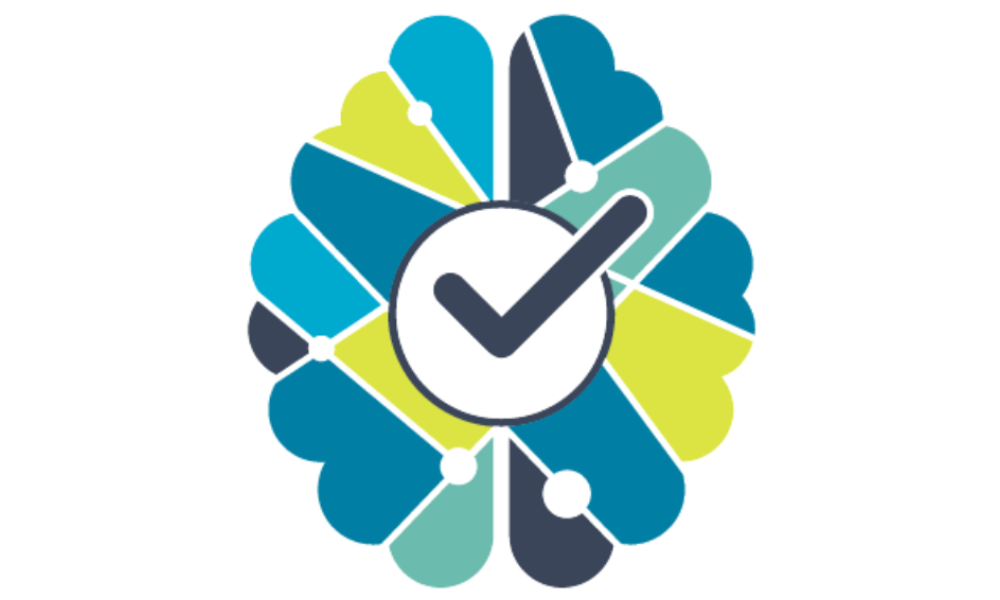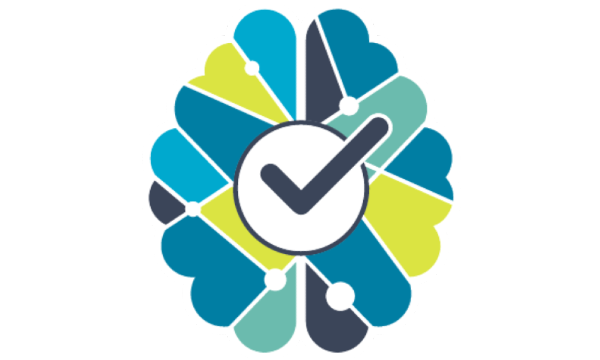McCance Center for Brain Health
Brain Care Score


About the Brain Care Score
Overview
Developed in the Center’s clinical-translational program, the McCance Brain Care Score™ (BCS) answers a key question with scientific validity: “What can I do to take good care of my brain?”
We know that certain adjustments can reduce risk of stroke, dementia, depression and other brain diseases. Yet, unlike heart care and cancer prevention, brain care has traditionally not been considered in preventative health. For example, treating high blood pressure is one of the best ways to prevent both stroke and dementia, but, according to the CDC, only about a quarter of American adults with high blood pressure have it under control.
Designed to be implemented in health care settings anywhere, the BCS™ compiles the science-supported lifestyle choices that protect our brains from disease all in one place. Every component can be easily reviewed with your health care provider and can be improved over time.
Good brain care is a daily commitment, but it does not have to be a burden. The McCance Brain Care Score helps you take better care of your brain throughout your life.
Understanding Your Score
Your personalized McCance Brain Care Score is made up of three categories – Physical, Lifestyle, and Social Emotional – and it measures what you are already doing to protect your brain and prolong your brain health – exercise, sleep, social interactions, lowering blood pressure and more. Your doctor or nurse can work with you so that you improve your score slowly, at your own pace. Achieving your highest score and keeping your highest score month after month, year after year, will ensure you are taking the best care of your brain as you grow and thrive.
Categories
Physical: Your blood pressure, blood sugar, total cholesterol, and BMI are typically recorded by a medical professional or with an approved self-use device. No matter your medical or family history there are steps you can take to change each of these measures. Your health care provider can show you many different ways to improve these numbers over time.
Lifestyle: Your diet, how much alcohol you drink, your smoking, exercise, and sleep are all measures you can track on your own. Making small adjustments in one area or another over time can have a big impact on your BCS.
Social Emotional: It has been a long-held belief that stress and relationships can influence our physical health, and modern science has proven this to be true. These components include management of stress, strength of social relationships, and your overall sense of purpose and meaning in life. These are the honest “how are you doing” questions that are so critical to the assessment of our brain health.Using Your Score
Your McCance Brian Care score is a tool you can use to measure and improve how well you care for your brain throughout your life. Small adjustments, like finding some time to walk more in your day or making it a priority to call your best friend, can have a major improvement on your overall score and brain health over time.
Once you and your care provider discuss your score you will get a sense of areas that may benefit from small adjustments, and we can help you find the resources to address those opportunities. Over time we are confident that regular tracking of your brain care score will lead to optimal brain health throughout your life.
Resources
We have collected these resources at Mass General and elsewhere that we believe will be helpful as you embark on a journey of lifelong brain health.
Managing Blood Pressure
Official CDC guidelines for getting your blood pressure under control.
Improving Sleep
The American Heart Association guide to healthy sleep.
Quitting Smoking
Quit smoking with help from the Mass General Center for Community Health Improvement.
Recreation & Connection
Programming, activities, and special events in Boston's parks.
Nutrition
The American Heart Association guide to healthy eating.
Stress Management
Information from Mass General's Benson Henry Institute for Mind Body Medicine.
Mental Health & Wellbeing
The American Heart Association guide to mental health.
